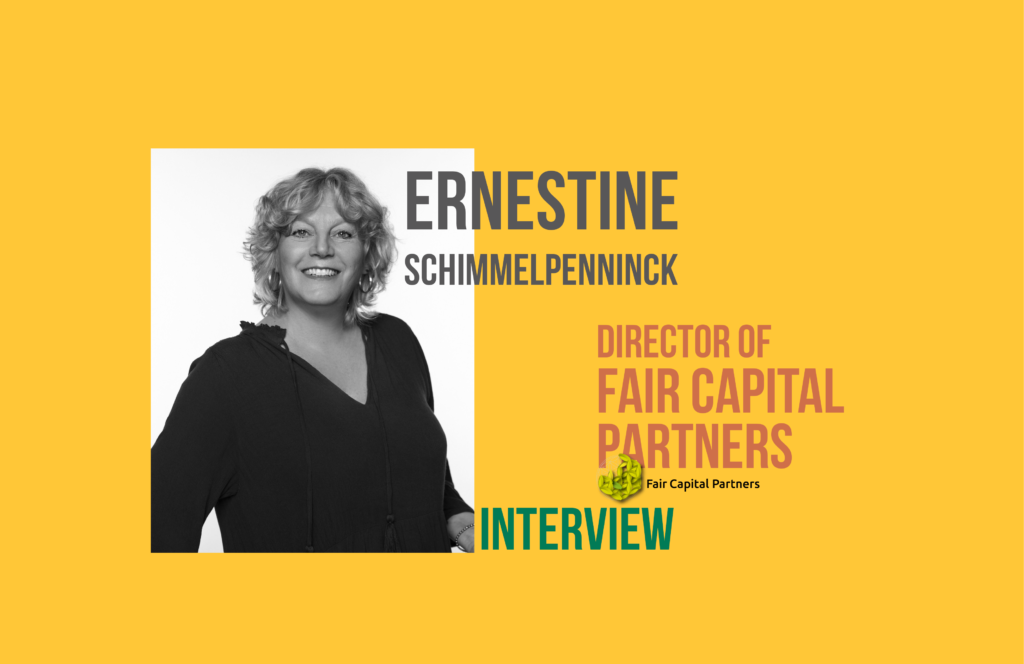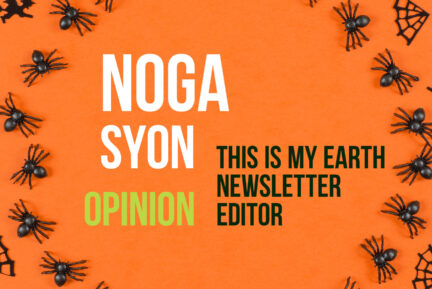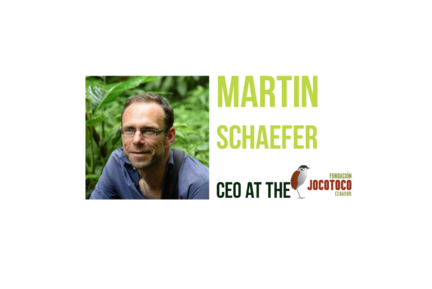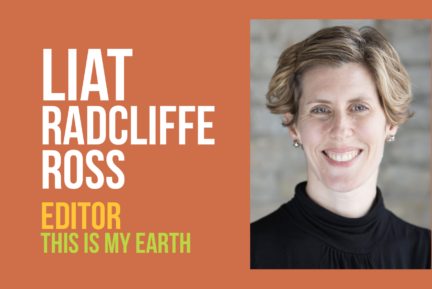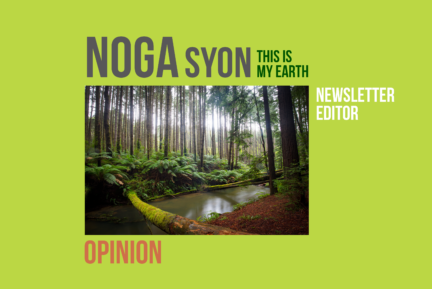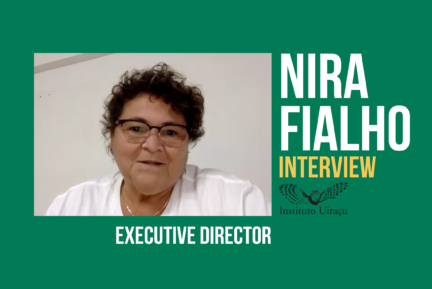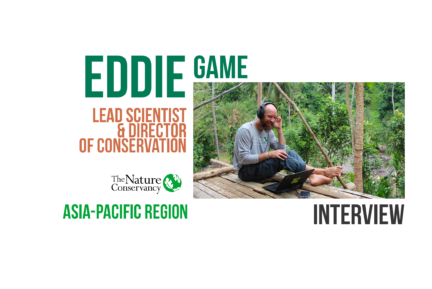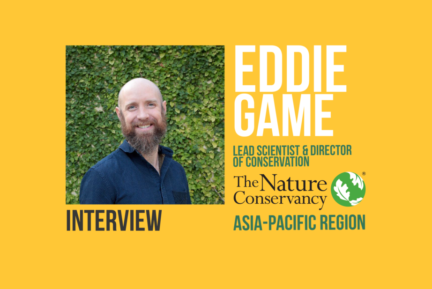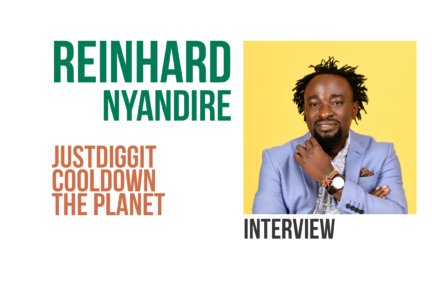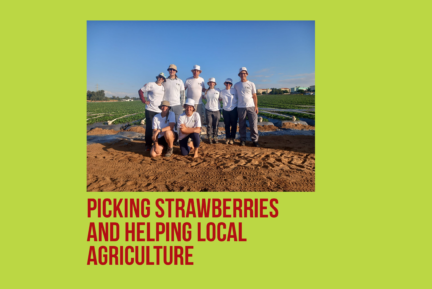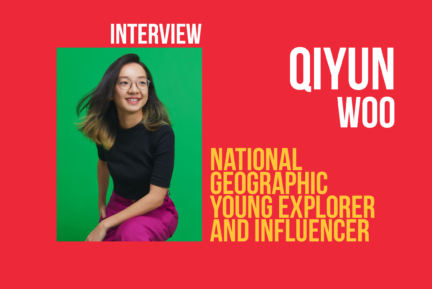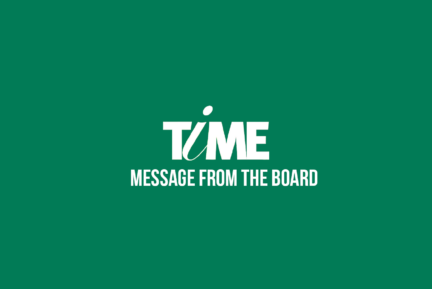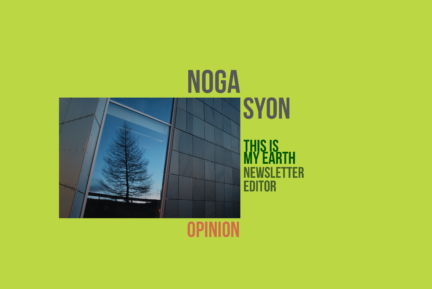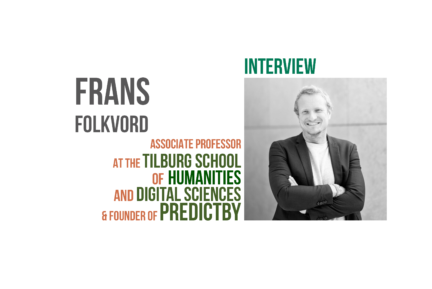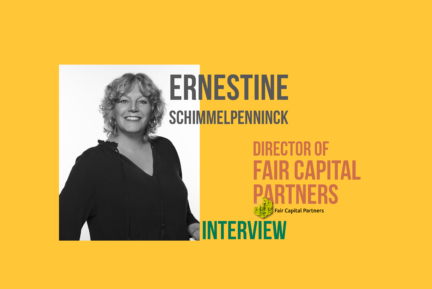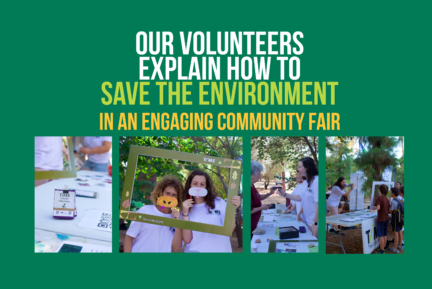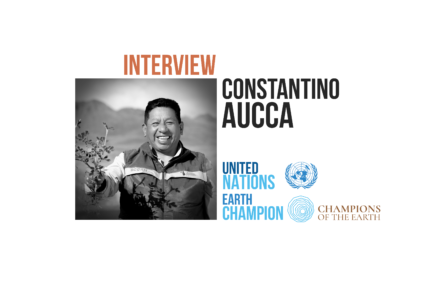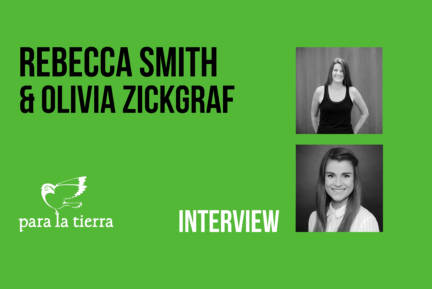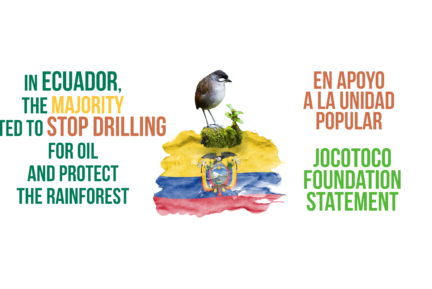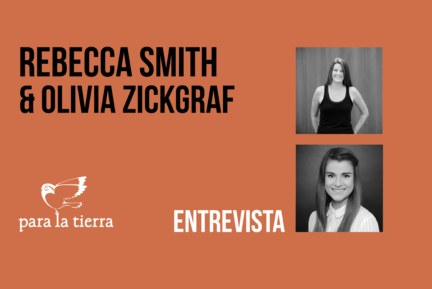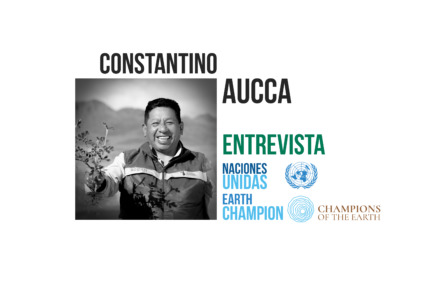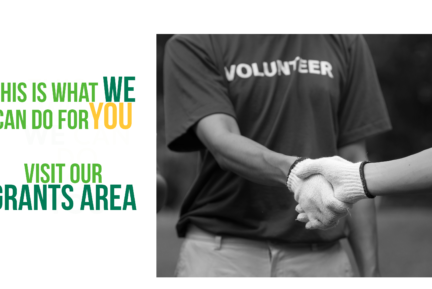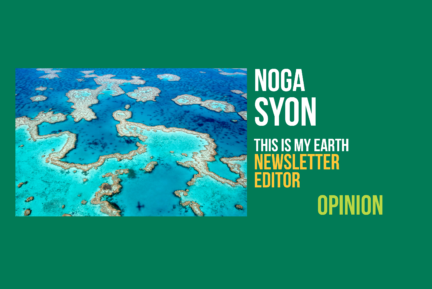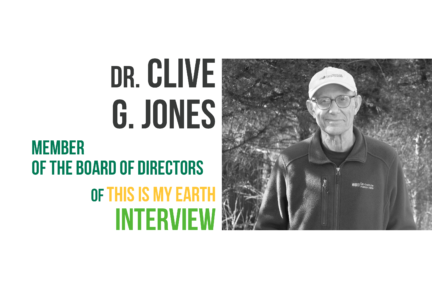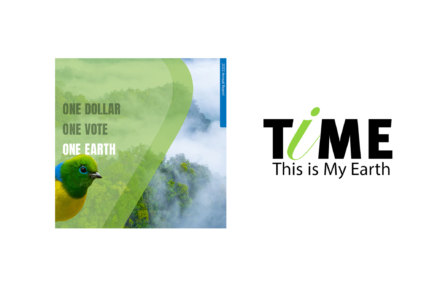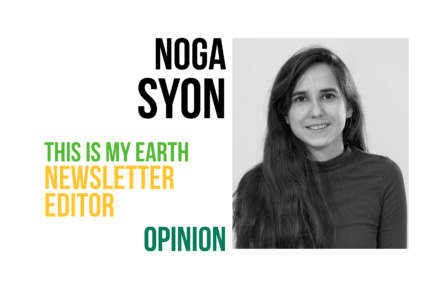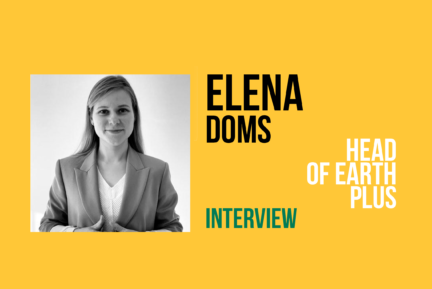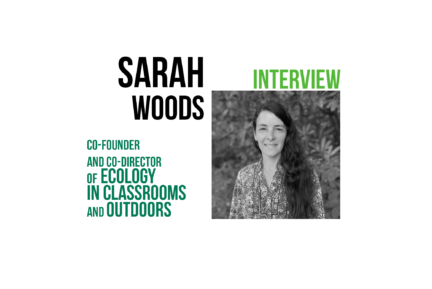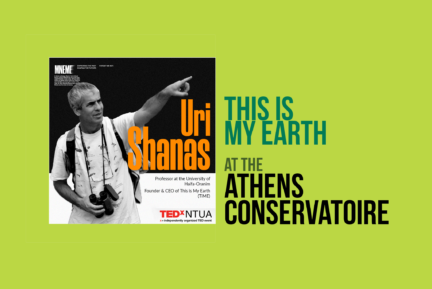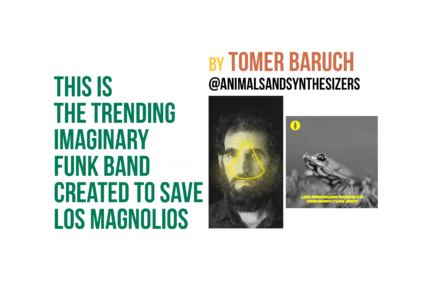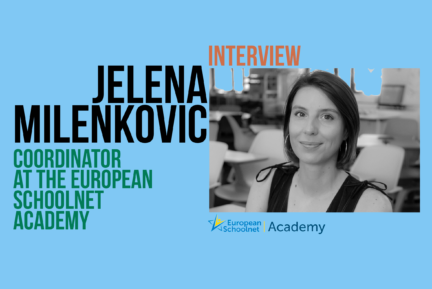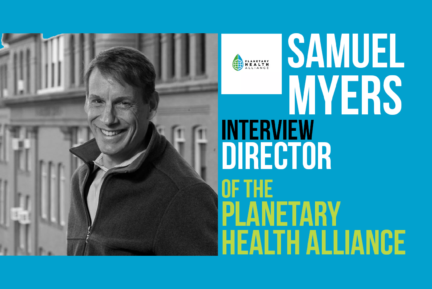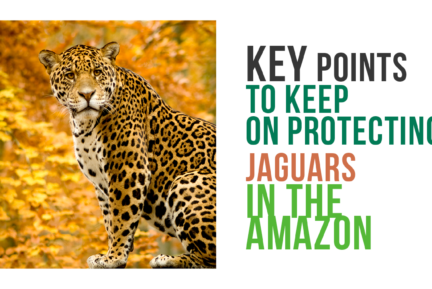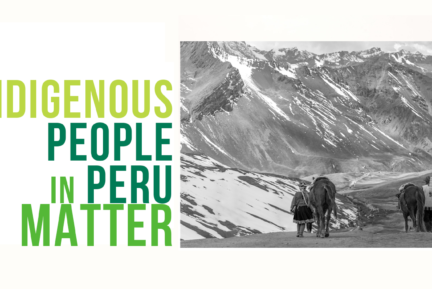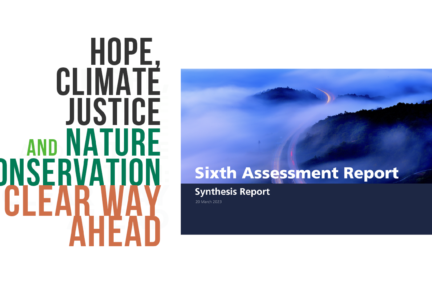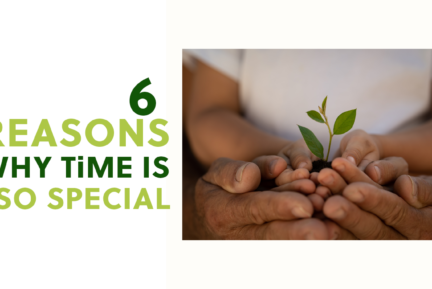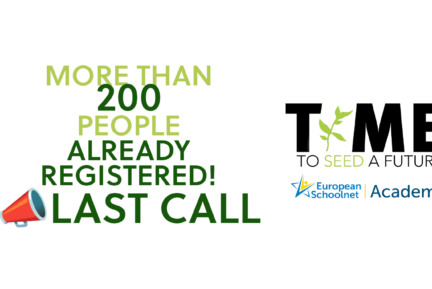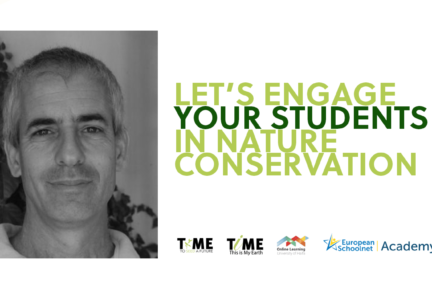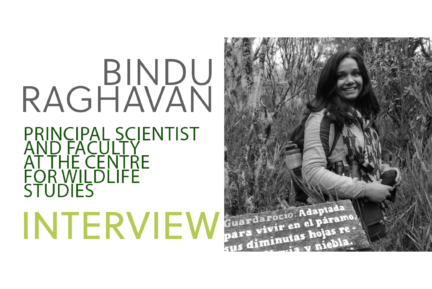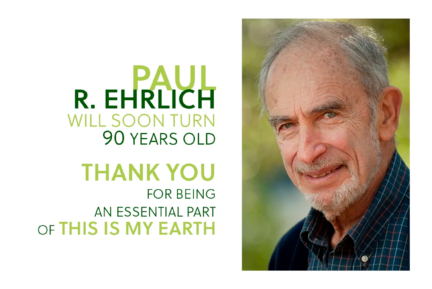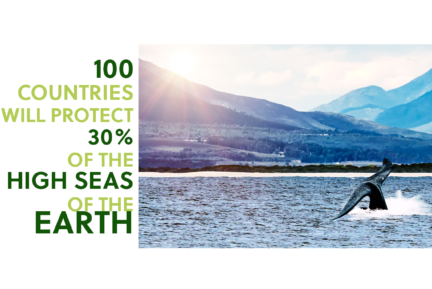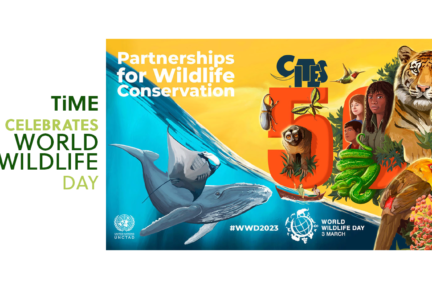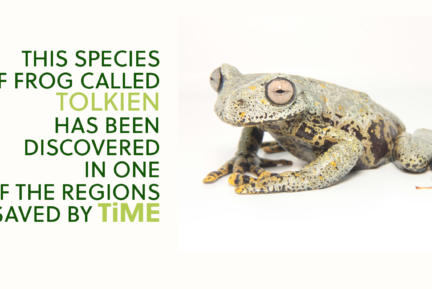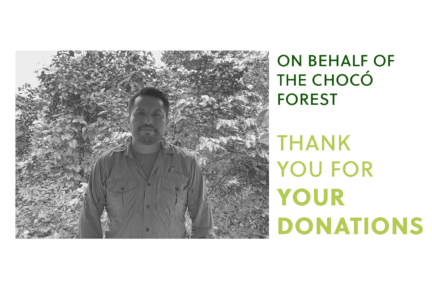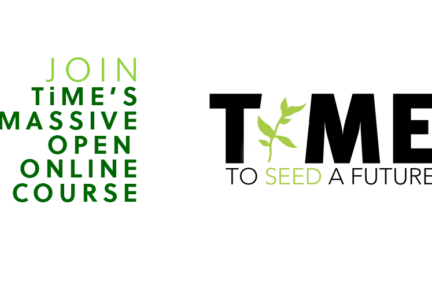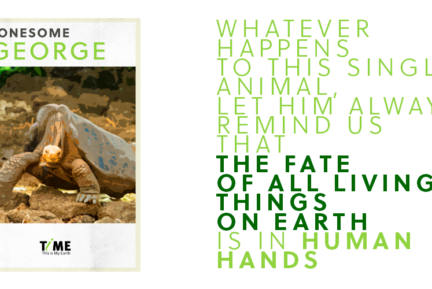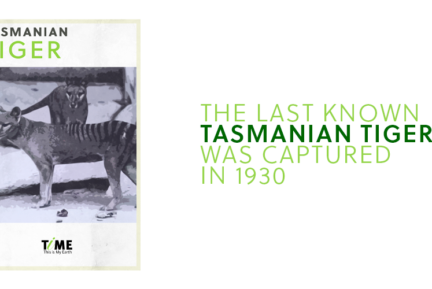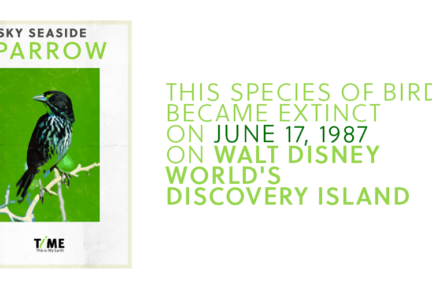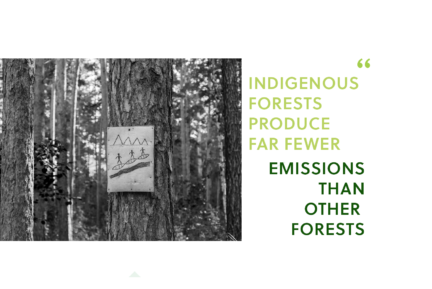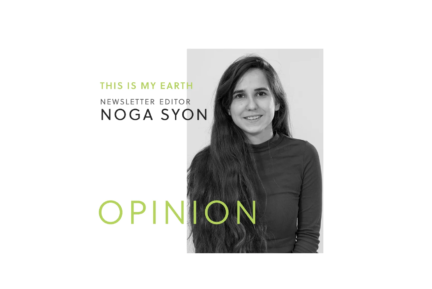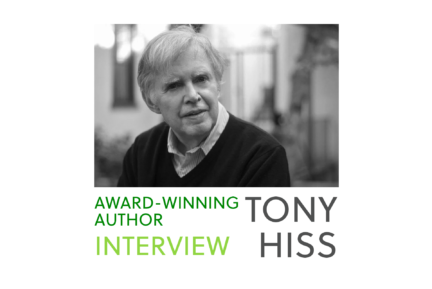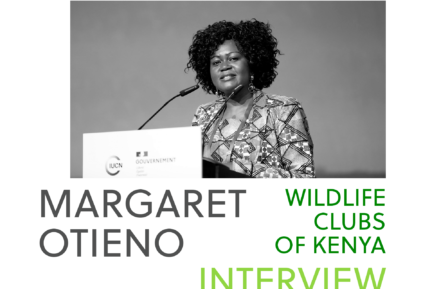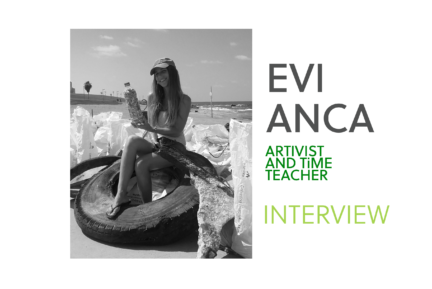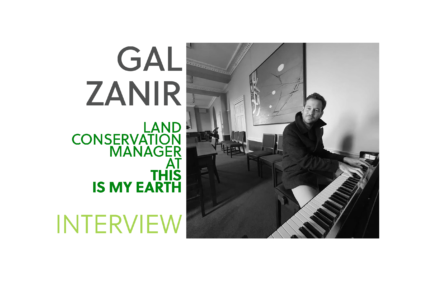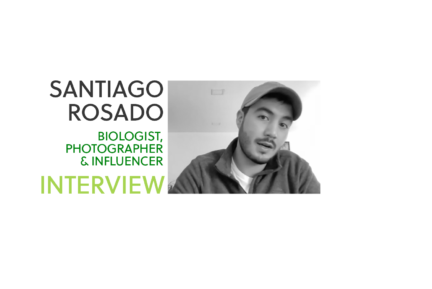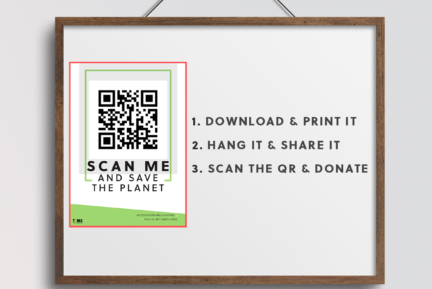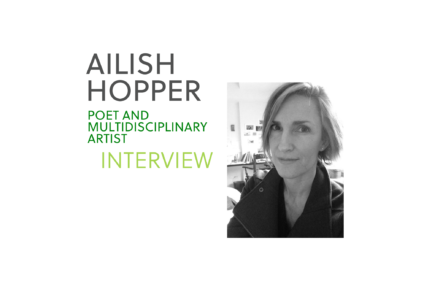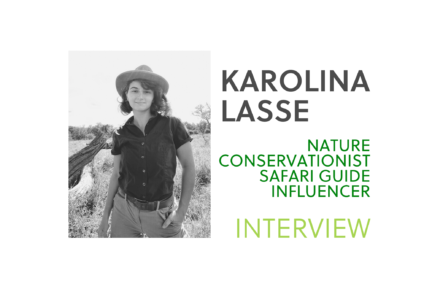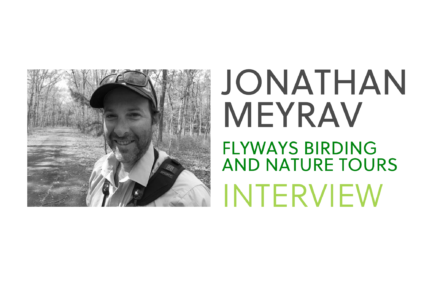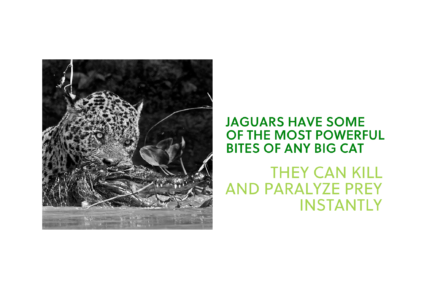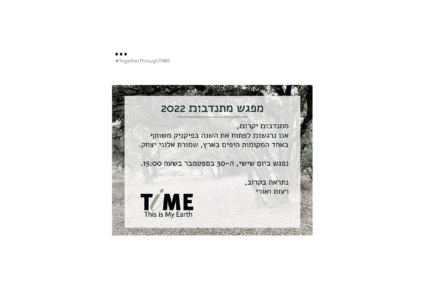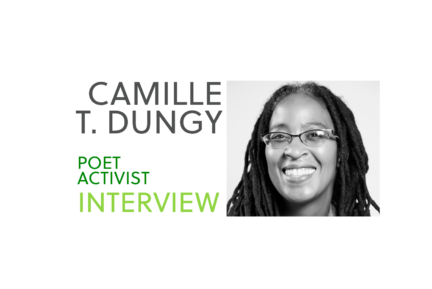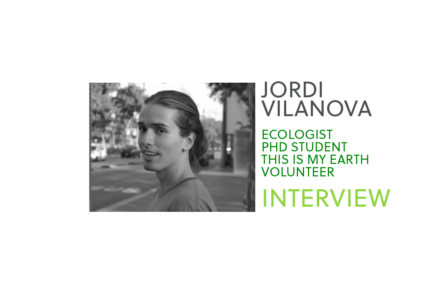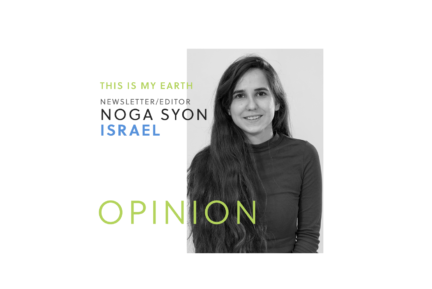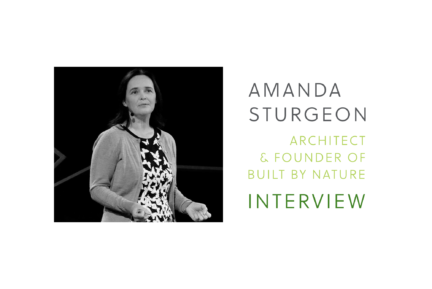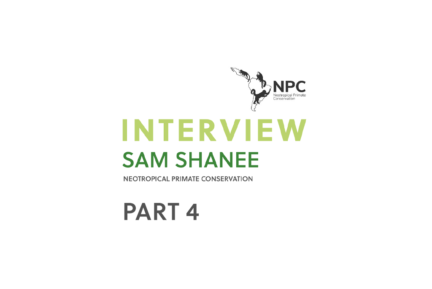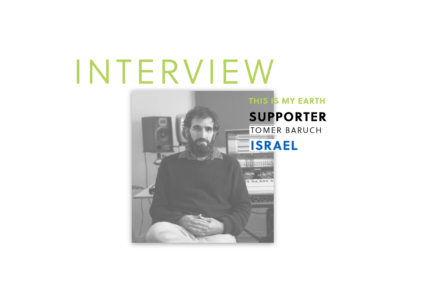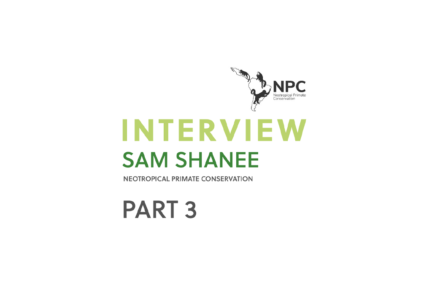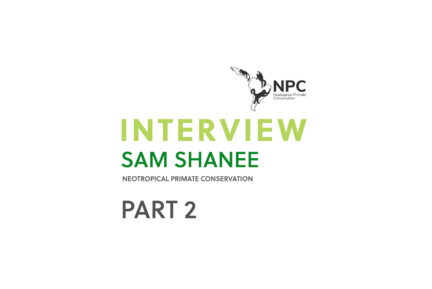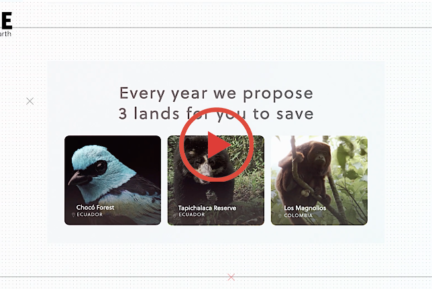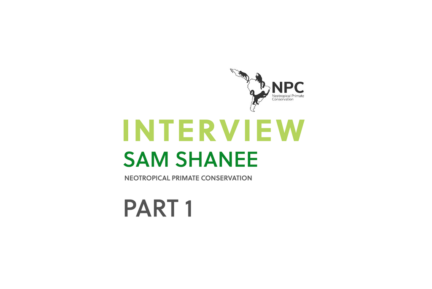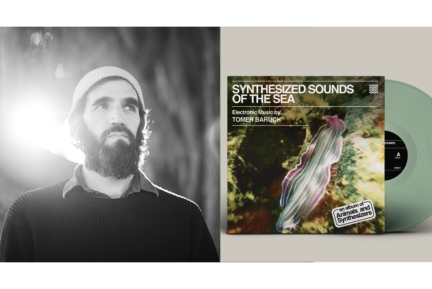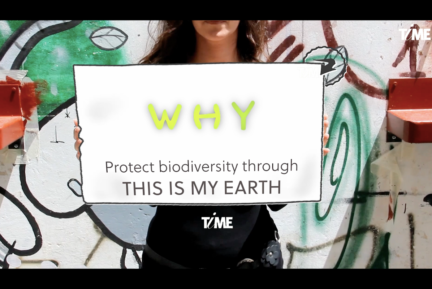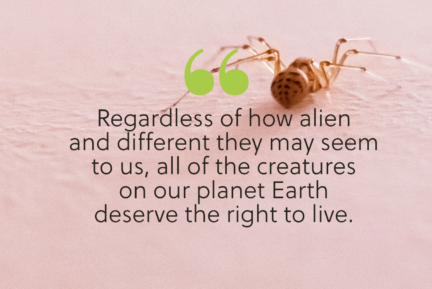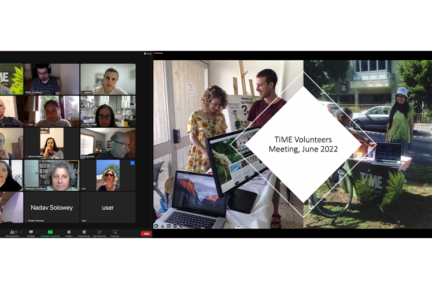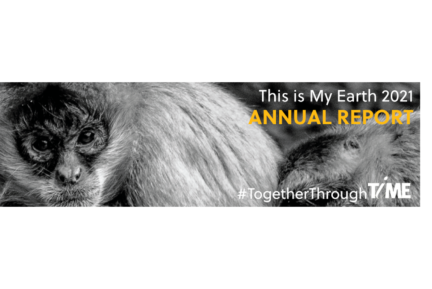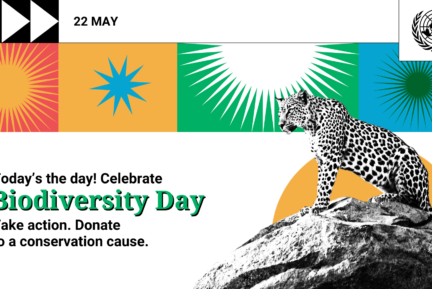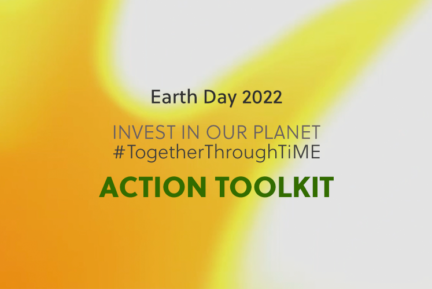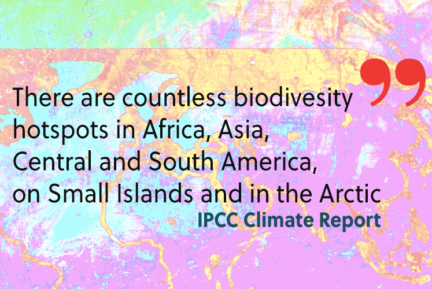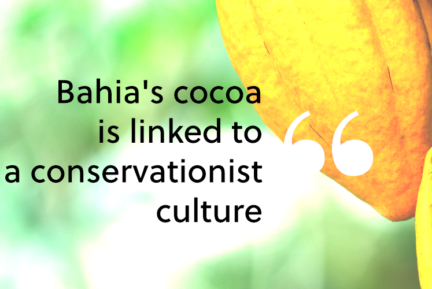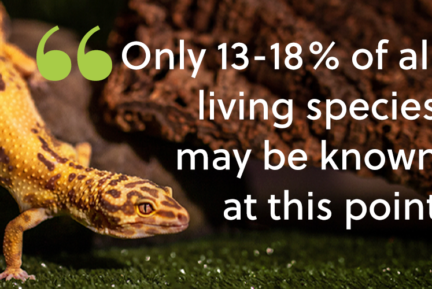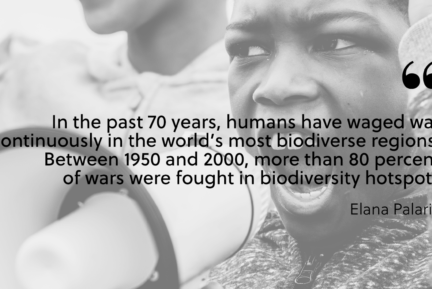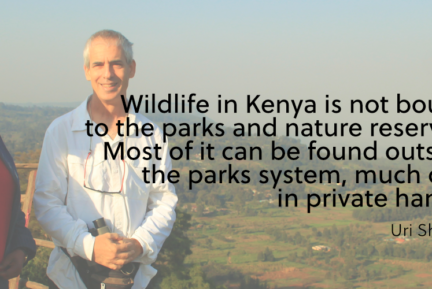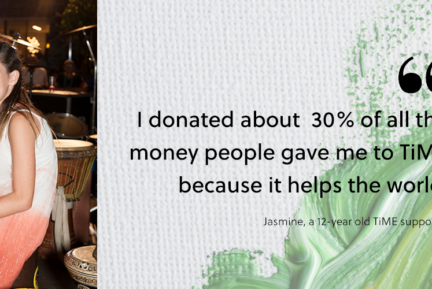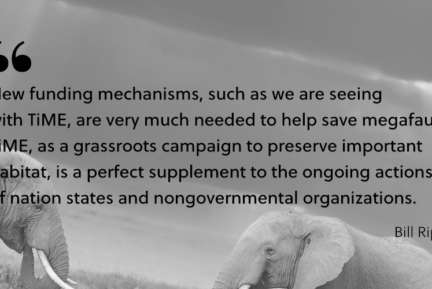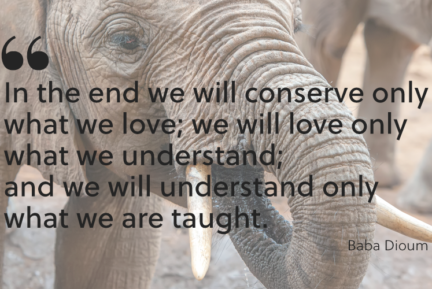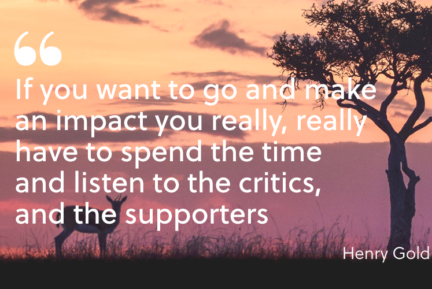Some people direct money to the right places. Just like you with This is My Earth. We had the privilege to hold a very fruitful conversation with Ernestine Schimmelpenninck, Director of Fair Capital Partners, a very special organization based in the Netherlands that, like us, directs money to the right places.
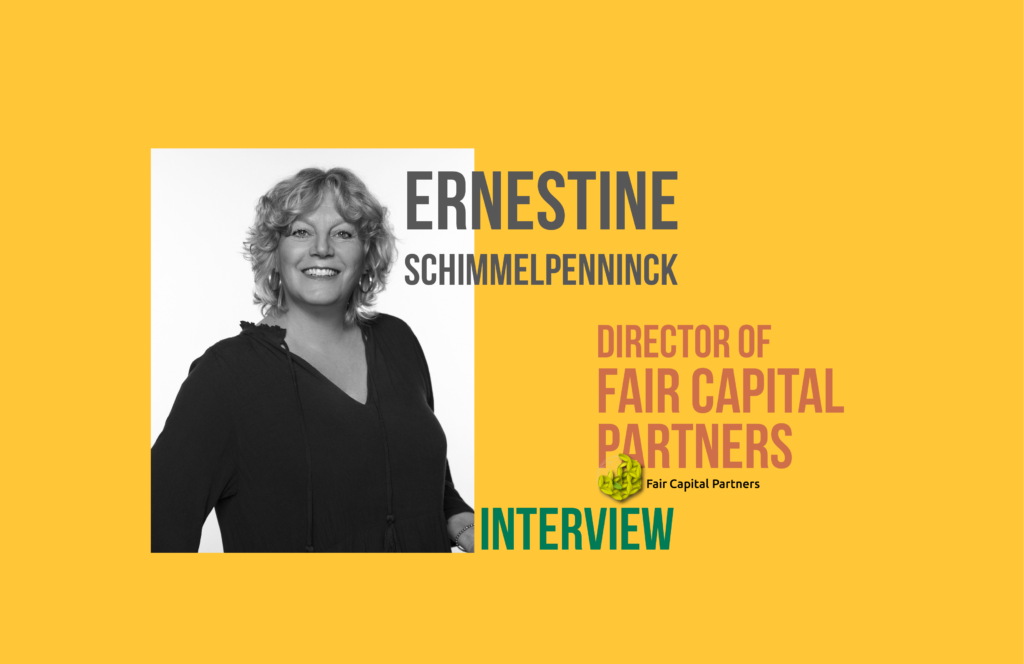
How do you introduce yourself?
How would I introduce myself? Well, as somebody conscious of the urgency in the world to direct money where is more needed. I used to be head of Rabobank charity desk, and now I do it with investments.
Can you recall a moment of revelation in which you felt you had to do something?
I can recall two moments. When I was six years old, at school, my teacher’s son went to the Arctic and came back with stories about the ice melting and the polar bears being in danger. By then, I had a poster in my bedroom, so I’ve grown up very aware of that. But I thought, well, that’s a problem, and probably the adults in this world will address it, and it will be solved.
And the second moment of revelation was in 2003. By then, I was working at ABNAMRO Bank, and we organized a presentation with a weatherman. We [talked] about financial markets, and he [spoke] about trends in the weather and global warming. I heard his story and thought, “We should combine those two” — the investments and the global warming threats. I tried to bring that subject to the table, but I was rejected. “If you think that’s important, then you don’t really fit within our bank.”
But in 2003, global warming was already very well known!
Yes, but I said, you know what? Let’s try to make it happen and suggest they include global warming and sustainability in leadership training; I told them we should include sustainability certificates for the buildings we were financing or look into detail about the clients we accept, especially for finance.
Sounds quite reasonable…
Some people agreed, but more was needed. Then I told myself, “I must focus on what’s good for the Earth.”
What was the most shocking thing about the reaction you’ve received about your company?
Some ladies were very enthusiastic. But lots of other colleagues, mostly men, weren’t. And men in finance are normally in the top positions.
What does impactful investment mean exactly?
There are different definitions for impactful investment. According to the European Union, an impactful investment is when you make a difference with your activities in the social or environmental areas. From a regulatory perspective, you have to prove it with concrete percentages. There’s a specific regulatory-aspects list created by the EU Commission which summarizes it.
There are also other definitions from the United Nations and so on. And for me, impactful investment means bringing positive impacts as far as possible with public markets impacts.
Is it possible to make an impactful investment that creates economic growth?
Absolutely, we also want financial growth. If you invest in solutions that help the world make a transition or have a solution for the problems that we have, in the long term, this will be a very sensible investment. Or, if you prefer the other way around, if you do not do impactful investment, you have a huge economic risk. In a couple of years, you will be left behind. Our purpose at Fair Capital is to direct you towards the right direction, for your own interests and for those of the planet.
The most polluting companies in the world are ruled by men
How does Fair Capital work?
Our purpose is to make investments that make life for future generations better. We believe there is still time. We want young people to live in a future in which there’s still biodiversity, a climate in which humans can survive, and decent human rights in most countries.
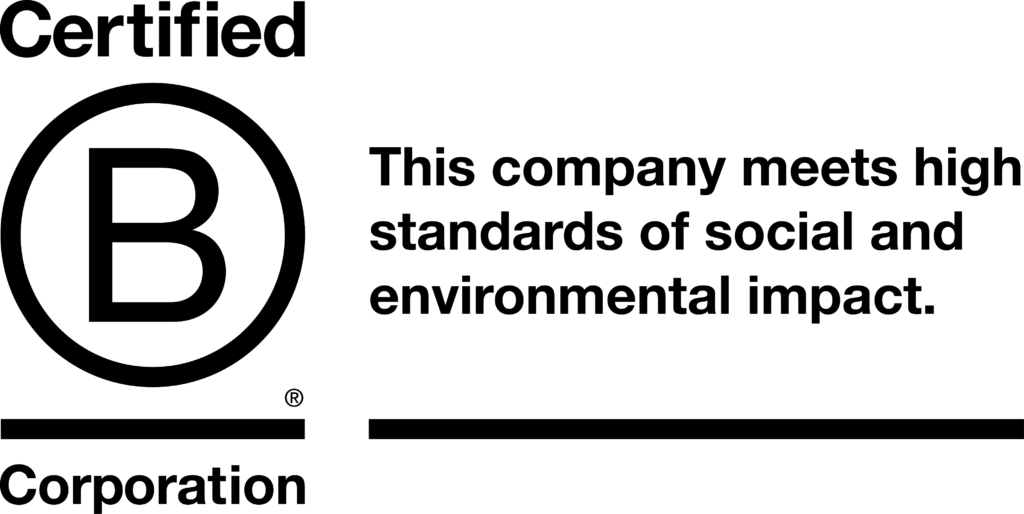
We put our expertise in asset management at the service of our clients. We have the B Corp certification, which very few companies working in the financial sector have. Actually, in the Netherlands, there is only one. That means that our company’s purpose, systems, procedures, and governance are sustainable and aligned with the United Nations SDGs [Sustainable Development Goals]. I expect there will be more banks and financial institutions granted with the B Corp [Certification] in the future.
Why do you think in the financial sector there are few organizations with a B Corp certification?
The main problem of the financial sector is that it has to prove it is doing business for good, and significant financial institutions only do business; they don’t care much about the ethics behind that or that of their clients. For them, it’s not relevant.
What sort of clients do you have at Fair Capital, and how do you help them grow their assets?
Our clients are mission-driven. So our clients will be very focused on all those aspects we too cherish. They are either individuals with a little money or prominent investors with cash who do not need financial returns in the short term. Then we also have smaller semi-institutional charities, like small churches in Holland, both Catholic and Protestant, and NGOs.
When they approach you, what sort of conversations do you have?
We start by asking “What is important for you?” and “What do you expect?” The first thing they want is to work with a trustworthy partner because their job is related to biodiversity, nature conservation, and human rights. Those principles are essential to them.
What is the most impactful investment you have witnessed?
We have had an investment in the meat industry. We’ve worked with Beyond Meat, now a McDonald’s partner, providing them with plant-based food.
They don’t only sell plant-based burgers; they do more things, so, at the beginning, we invested in them They made an outstanding return at first. They were growing fast, and, unfortunately, we were informed about the amounts of water they were using to produce their plant-based food. They were expanding and expanding, and their water usage was becoming harmful to lots of places and communities.
So we sold our position in Beyond Meat. When a company or organization is very big, it is becomes more difficult for them to remain sustainable.

Is that always the case?
Not always. We are also invested in the Danish health company Novo Nordisk. They produce and market diabetes medication and to reduce health risks in general.
They want to grow, and with the growth they realize, they really also simultaneously want to minimize their greenhouse emissions.
That isn’t easy to do because they’re one of the largest pharma companies in the world, but they are succeeding very well at it.
How about the people who work with you at Fair Capital?
Our values are aligned, and it is very easy to work with them. We don’t have any internal struggle about sustainability or those kind of issues.
And you have just been awarded! What can you tell us about it?
I‘ve been awarded together with 50 women who are change-makers for sustainability in the Netherlands within the financial sector. Women are change-makers worldwide, and even more in the financial sector.
Is that the case worldwide?
The most polluting companies in the world are ruled by men. That’s not surprising, but it’s still a fact. In 88% of countries in the world, women have no equal rights to men. That is unacceptable.
What does this award mean to you?
I have been working in sustainability for 20 years, and this award did not exist before. And it is good that it exists now.
There were 200 nominees, and they had a panel of really high-level professionals from investment firms, government organizations, head-hunting companies… So it is a pretty good compliment!
Any final words to the This is My Earth community?
You’ve made a great choice to choose the Earth.
